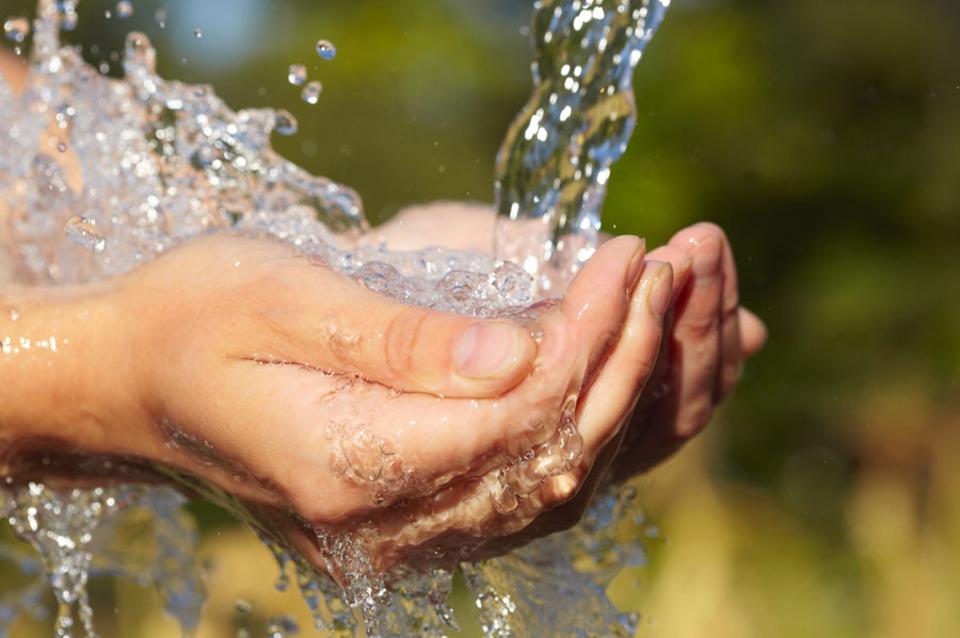EcoPro is a company based in Auroville working in the sanitation and natural resource management space. Their philosophy is to contribute to an ecologically sound management of natural resources, primarily of water and soil; promoting an integrated management of liquid and solid “wastes”, eco-friendly approaches in environmental hygiene and sanitation, and sustainable methods and technologies in food production. This is our contribution to environmental health and public hygiene. Believing in strong synergy, EcoPro wants to create optimum synergistic methods through integrations working towards ecological sustainibility.

Source – http://www.ecopro.in/
EcoPro offers and promotes the following services and practices:
- Effective Mircoorganisms (EM) technology according to Prof. Teruo Higa;
- Ecosan, which is short for ecological sanitation;
- Dewats, which stands for decentralized waste water treatment systems;
- Organic farming methods, in particular biodynamic farming and farming with EM.
- Development of non-conventional and less standardized solutions in recycling and re-use of wastewater.
EcoPro is highly committed to contributing the development of Auroville to the maximum of its capacity, through both, its services and products, as well as through sharing its economic success. EcoPro contributes its net profit to the community budget of Auroville.
EcoPro has put together a very strong team with excellent expertise in medicine, Business administration & management, agriculture, botany, accounting, microbiology, environmental sciences, education and soil science.
As a part of the immersion visit we met Dr. Lucas Dengel, the founder executive of EcoPro. After a brief introduction he explained the innovative design of Urine and Defecation Directing Toilet (UDDT) being used by EcoPro in the Auroville and nearby area. The toilet is a waterless toilet and separates the Urine and Solids at the source, in addition separates any additional water used during the process. This enables the solids to dry out faster and turn into manure quickly to be used by the farmers in the farm. The urine too can be used as a nitrogen rich fertiliser. However, this design is highly user dependant and requires users to use with certain sense of ownership.
In spite of being highly successful in the rural setting where huge amounts of land is available and the population density is sparse, this model cannot be implemented in an urban or semi-urban setting. Also, the design uses more or less a septic tank model requiring periodic cleaning.
Author: Monish Deshmukh

